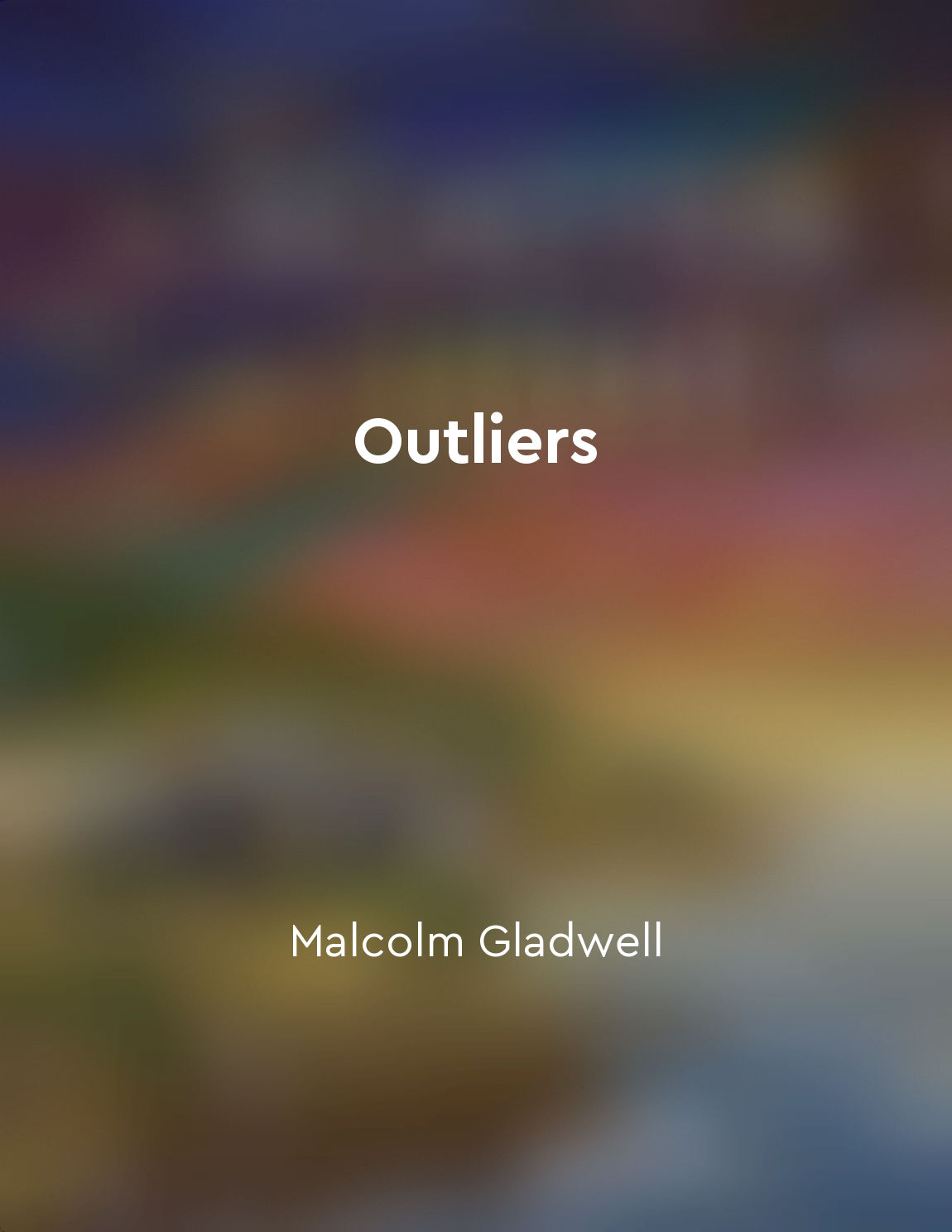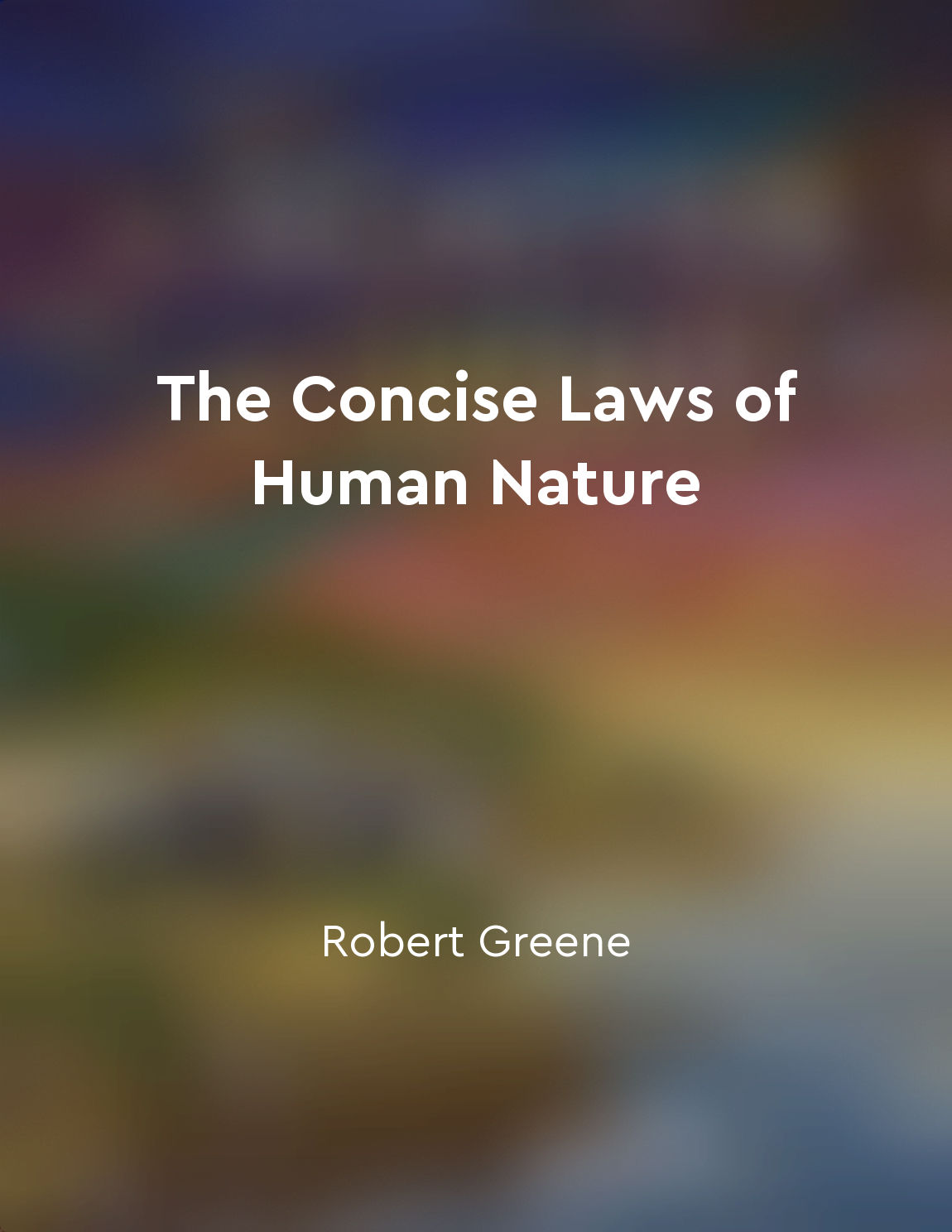Different social classes have distinct tastes and preferences from "summary" of Distinction by Pierre Bourdieu
The social world is structured along lines of social class, with each class having its own set of tastes and preferences. These tastes and preferences are not arbitrary or random; rather, they are deeply ingrained and shaped by one's position within the social hierarchy. Individuals from different social classes gravitate towards different cultural products and practices, creating distinct cultural fields that are marked by class-specific aesthetics and values. These cultural fields serve as markers of distinction, allowing individuals to distinguish themselves from those in other social classes. For the upper classes, cultural consumption is a means of asserting their social status and reinforcing their cultural capital. They are more likely to engage with high culture and cultural products that are associated with sophistication and refinement. This includes attending classical music concerts, visiting art galleries, and reading literary works. On the other hand, the working class tends to have different tastes and preferences, which are often dismissed as lacking in cultural value by the upper class. Working-class individuals may prefer popular culture and forms of entertainment that are seen as more accessible and relatable. This includes watching reality TV shows, listening to mainstream music, and attending sporting events. The tastes and preferences of the middle class fall somewhere in between those of the upper and working classes. Middle-class individuals may engage with a mix of high and popular culture, depending on their specific tastes and interests. They are often motivated by a desire to distinguish themselves from the working class while also aspiring to the cultural capital of the upper class.- The concept of distinct tastes and preferences among social classes is a central theme in understanding how social class shapes cultural consumption and identity. By examining these differences, we can gain insight into the ways in which individuals navigate the social world and assert their place within it.
Similar Posts
Timerelated factors influence media regulation policies
The regulation of media markets is a complex process that is influenced by a variety of factors. One key factor that has a sign...
Competition among women is fierce and unrelenting
The women of the Upper East Side are engaged in a relentless battle for supremacy. From their designer clothes to their immacul...
The role of emotion in decisionmaking
Chuck Klosterman delves into the intricate relationship between emotion and decision-making, highlighting how our feelings play...

The "10,000Hour Rule" suggests that mastery in any field requires approximately 10,000 hours of practice
Malcolm Gladwell explores the idea that achieving mastery in any field is not just about talent or intelligence. It also requir...
Learning to forgive
Forgiveness is a muscle that we have to build and flex every day. We have to learn to forgive not only others, but also ourselv...
Decisionmaking can be influenced by emotions
Emotions play a significant role in the decisions we make. Our feelings can sway us in one direction or another, often without ...

The power of free is hard to resist
We often believe that we are in control of our decisions and actions. However, the reality is that our behaviors are heavily in...
Brands are successful because of the stories they tell
One of the key factors that contribute to the success of brands is their ability to tell compelling stories. These stories are ...
Psychological biases can hinder wealth accumulation
Psychological biases play a significant role in hindering individuals from accumulating wealth. These biases can lead to poor f...

Recognizing our own biases and prejudices is essential for personal growth
To truly grow as individuals, we must first confront and acknowledge our own biases and prejudices. This is a crucial step in o...

